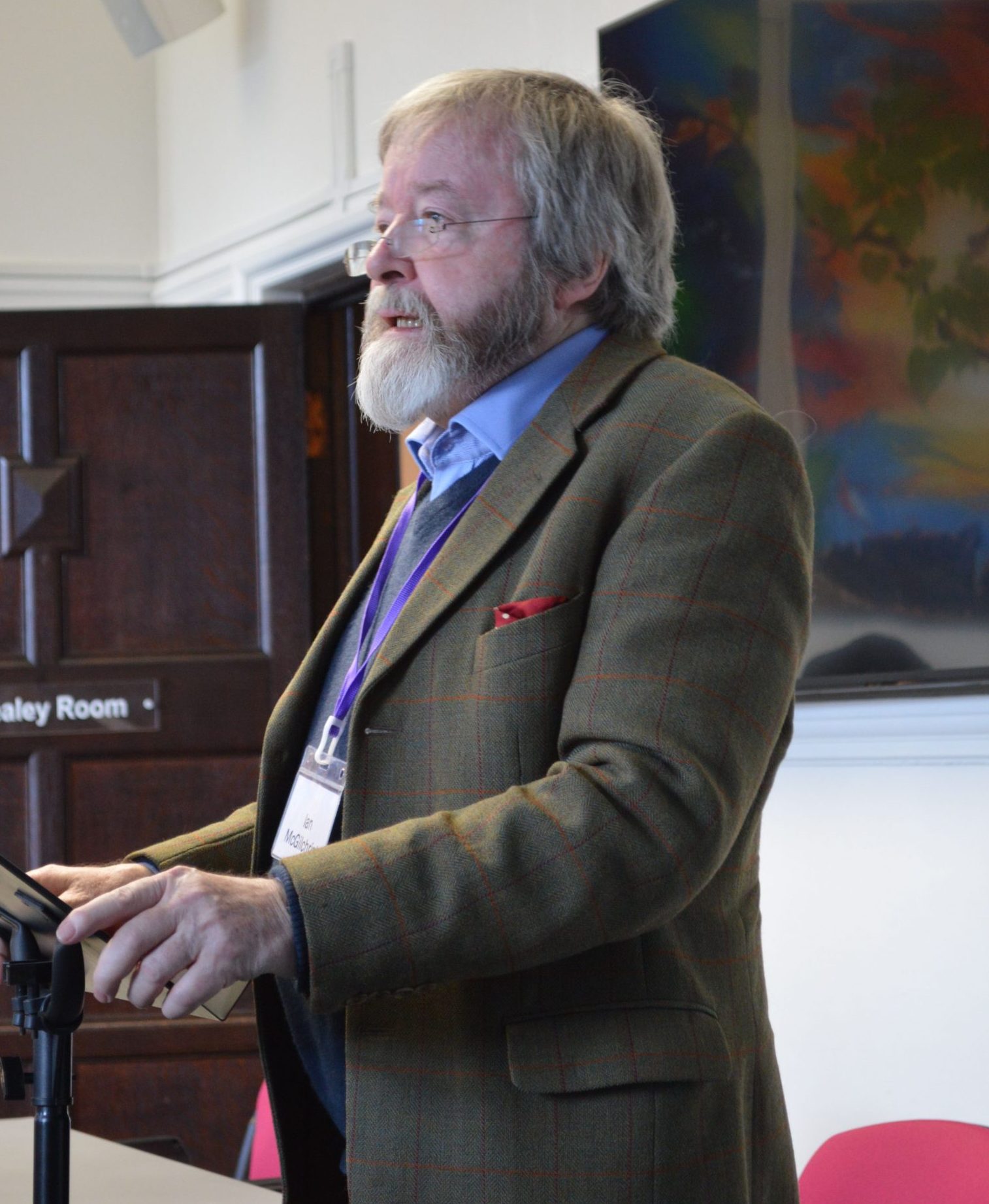
Intelligence, Imagination, Illumination: Theological Responses to ‘The Matter with Things’ was a day-long academic conference held on the 10th of February at Westminster College, Cambridge. The conference was dedicated to providing theological responses to the work of Iain McGilchrist, particularly his recent work ‘The Matter with Things’ which deepens the author’s own engagement with the notion of the sacred and the history of religious ideas. The day-long event commenced with a captivating keynote speech delivered by McGilchrist himself, followed by an insightful response from Professor John Milbank. The ensuing discussion revolved around the intricate relationship between the material and spiritual realms, with a growing emphasis on the relevance of Schelling’s philosophy.
The conference then transitioned into an experimental panel featuring presentations by students from Westfield House and Divinity Faculty who had been studying McGilchrist’s work. Their engaging talks delved into various themes, including artificial intelligence, time, and the intersection of the sacred and the feminine. Subsequently, a panel of academic researchers took providing both critical and constructive responses to McGilchrist’s work from theological and philosophical perspectives. Dr. Dritëro Demjaha explored the relationship between the dialectic of the domination of the right cerebral hemisphere by the left and the dialectic of social relations of domination in the Hegelian phenomenology of the ‘unhappy consciousness’. Dr. Boris Gunjević expounded the main argument of ‘The Matter with Things’ as establishing an irreducible moral content of the category of attention and offered ways of further developing this perspective by bringing it in dialogue with Continental philosophical thought. Finally, Professor David Fergusson offered a theologian’s evaluation of the final chapter of ‘The Matter with Things’ on the ‘sense of the sacred’, critically highlighting McGilchrist’s panentheism as well as the absence of any notion of religious communality in his defence of the sacred.
To conclude the conference, an extended question-and-answer session provided an opportunity for the audience to engage with the panelists and delve deeper into the topics explored throughout the day. The event culminated in an interactive musical performance by a local artist Miriam Jones who had previously engaged McGilchrist’s writings with the arts.

